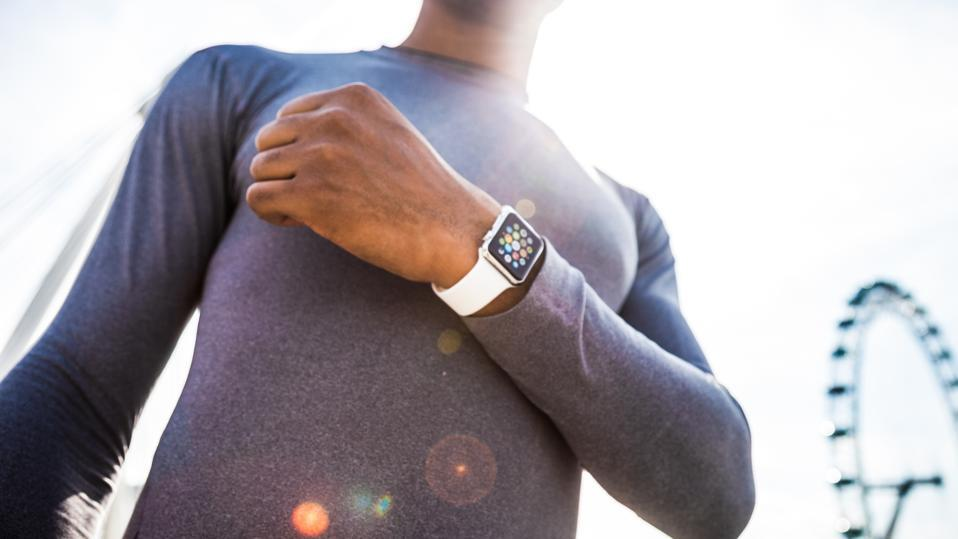Blood
How To Measure Your Blood Pressure With An Apple Watch
Consider Dr. Bronstein’s few simple lifestyle adaptation tips below to improve your heart health and therefore keep your blood pressure in check.
Eat a Healthy Diet
A diet rich in whole grains and vegetables and low in saturated and trans fats may help reduce risk of hypertension, according to a 2020 study in Nutrients. Dr. Bronstein recommends consuming less than 2,300 milligrams of sodium per day. Ideally, he suggests keeping sodium intake under 1,500 milligrams per day, as research suggests a link between high sodium intake and higher blood pressure.
Exercise Regularly
Research consistently highlights the importance of aerobic exercise for heart health. In fact, an increase in physical activity is associated with a reduction in all-cause mortality and a reduced risk of developing cardiovascular and respiratory diseases, according to a 2018 study in Frontiers in Cardiovascular Medicine. This association is due in part to the heart-strengthening effects of physical activity and its ability to help promote a healthy weight, thereby reducing further strain on the heart.
Stop Smoking and Limit Alcohol Consumption
Nicotine in cigarettes can be partly responsible for an increase in blood pressure in a person who smokes. Alcohol, on the other hand, raises blood pressure by increasing the constriction of blood vessels and accelerating the heart rate, as well as reducing magnesium and potassium contents in the kidneys. Research suggests smoking cessation and reducing alcohol consumption can help lower hypertension risk.
Reduce Stress
While acute stress can lead to blood pressure spikes, chronic psychosocial stress is linked to hypertension as well. Factors including work-related stress, marital strain and lower socioeconomic status can be contributing factors to high blood pressure, according to research.
Get Plenty of Sleep
Sleep naturally decreases blood pressure. Sticking to a regular sleep schedule and keeping rooms dark and cool at night are a couple of ways to promote a good night’s sleep, according to the Centers for Disease Control and Prevention (CDC).
“Home monitoring [can also] help you keep tabs on your blood pressure and give you valuable feedback on how your lifestyle changes are having an impact,” adds Dr. Bronstein.

